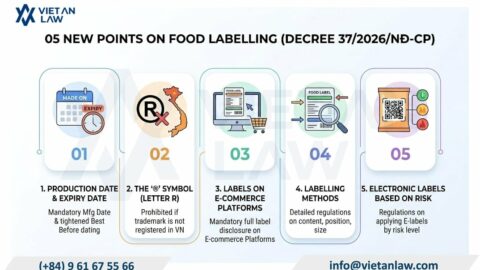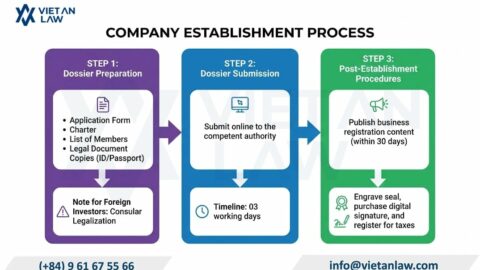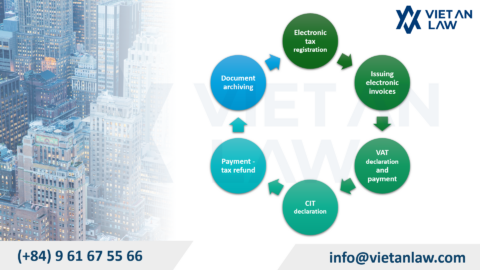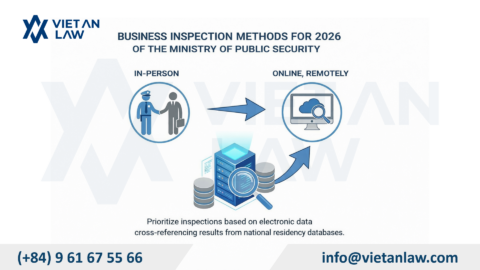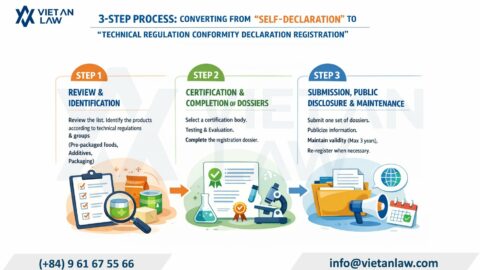Currently, “subsidiary company” and “affiliated company” are quite popular, as well as confusing to many people. How does the current law regulate “subsidiaries” and “affiliated companies” and how to distinguish “subsidiaries” and “affiliated companies”? The following article of Viet An Law will help you better understand and distinguish these two types of companies.

Table of contents
To illustrated, we can imagine as follows: company A is a subsidiary of company B when company A is established with 100% of company B’s investment capital or is held by company B, dominant capital. Company A will hold business benefits from company B and company A must perform the rights and obligations assigned by company B (company B is also known as company A’s parent company). .
To identify and understand more about the parent company and its subsidiaries, refer to the article Identify parent company and subsidiary company in Vietnam of Viet An Law.
Pursuant to Article 195 of the Enterprise Law 2020, a subsidiary has the following characteristics:
Rights and responsibilities of subsidiary companies
Thus, an associate can be understood as a type of company established by at least two economic entities (two companies) and both of which account for less than 50% of the company’s share capital.
Most affiliated companies exist in the following form: at least two different companies are subsidiaries of a parent company. And there is one entity that owns shares less than the majority of the shares of another. In general, the associate company model is established for the purpose of bringing profits and capital of the affiliated parties to carry out mutually beneficial business activities.
From the above concepts, it can be seen that an associate company has the following characteristics:
An associate can be said to be an agreement between companies to jointly conduct business activities, generate profits and distribute profits according to the ownership ratio of each company after fulfilling its obligations. When companies are linked together, they do not have the right to govern capital or governance like other models where the parties are equal and independent of each other in terms of organization and operation in carrying out commercial activities.
Based on the analysis of the above concepts and characteristics, we can distinguish “subsidiaries” and “affiliated companies” as follows:
| Subsidiaries | Affiliated Company | |
| Establishment | The organization is established by the investment of 100% capital or holding controlling shares or contributed capital from another company (called the parent company). | Being established by two or more businesses linked together to carry out business activities in order to generate profits |
| Written confirmation of subject status | Enterprise Registration Certificate. | Approving the association contract, cooperation contract, company charter, minutes of share contribution, capital contribution or other forms agreed and signed by the parties to the partnership. |
| Dominion and control | Completely dominated and controlled by the parent company. | The companies affiliated with each other do not have control over capital or internal management in the company, but the parties are equal and independent of each other in terms of organization and operation when carrying out business activities. |
| Charter capital | The charter capital is 100% held by the company and is specified in the Charter and recorded in the Business Registration Certificate. | Because member companies associate with each other to contribute capital and each company must not hold more than 50% of the charter capital so as not to have the right to dominate and control. |
Above is the analysis of subsidiaries, associates and criteria to distinguish these two types of companies. It can be seen that the affiliated company is a popular business model but has not been specifically recognized by legal documents on related legal issues.
If you have a need for more advice on issues related to the model of subsidiaries and affiliates, please contact Viet An Law Firm for more specific and detailed advice on this issue.
